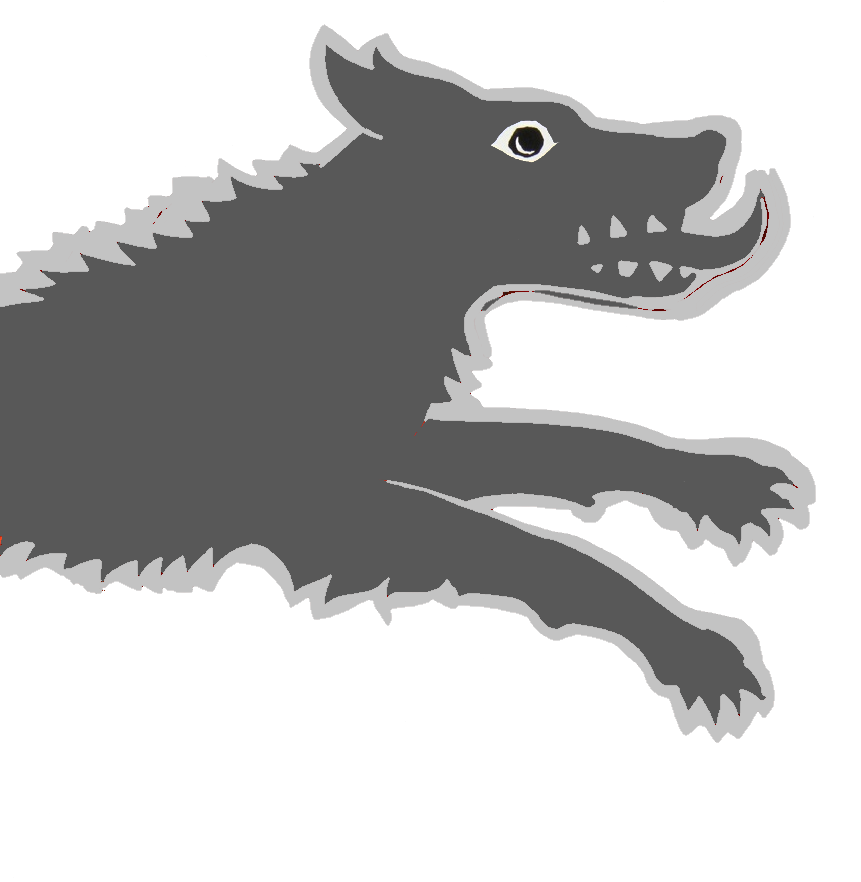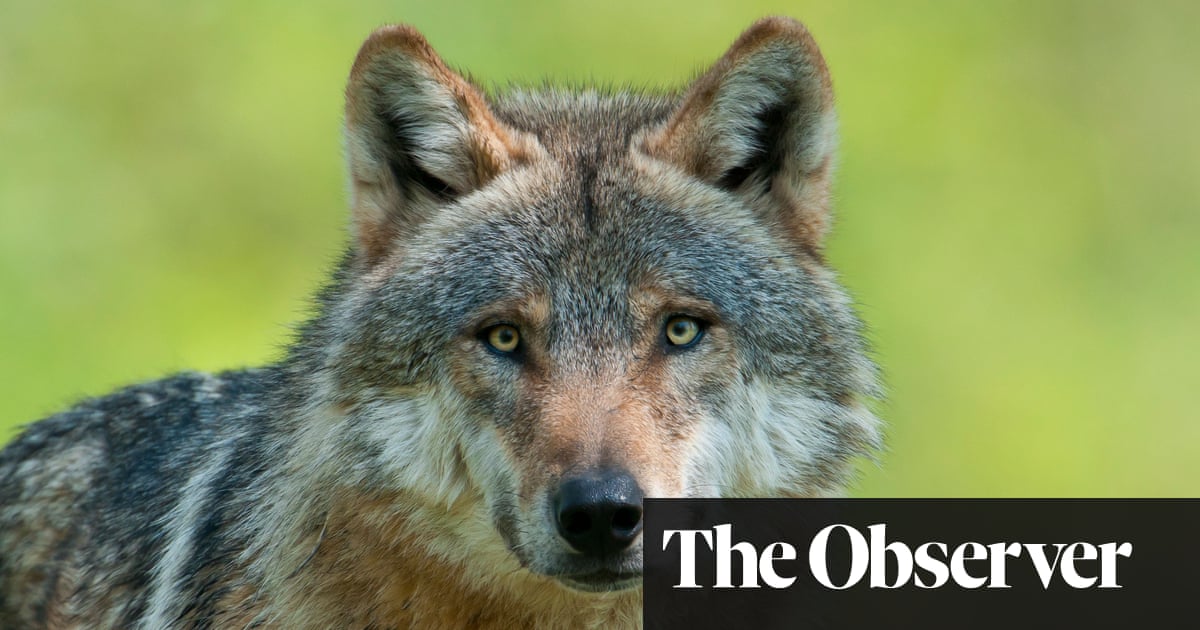Across the River Wolf and along several miles of muddy Devon lanes lies Derek Gow’s lair. Inside a crepuscular barn filled with a pungent aroma, an imposing, bearded Scot sits surrounded by his collection of animal skulls, stuffed beavers, taxidermied badgers and birds of prey. A distinctive stench wafts from the head of an ibex mounted on the wall. The barn is badged as an education centre but it would terrify some visitors.
This gothic scene reaches its climax when – bang! – a shot is fired nearby. Gow looks relaxed. “She’s not shooting anything,” he says of his neighbouring farmer. “It’s a gas gun, trying to scare a bunch of complacent geese.”
Gow, a former sheep farmer, has become one of the most remarkable figures in British conservation. After working in various zoos, he began captive-breeding water voles 25 years ago. Since then, working with conservation groups and landowners, he’s repopulated wetlands with 25,000 of the highly endangered mammal. The “vole room” on his rewilded farm still produces 1,000 each year.
We should reintroduce all the animals that were eliminated, crane, wolf, bear, boar, etc.
Aurochs, Mastodon (animal not internet version) big cats, rhino ;-)
As someone from a region where there are cranes, boards and now wolves again. I feel you. But the irregular wandering bear coming from our neighbors always brings a little chaos and mostly ends deadly…
Gow was on Radio 4’s Saturday Live yesterday - he sounds quite the character and just the kind of person to get this through in the face of considerable opposition from farmers.
Predators from the lynx down seem difficult enough to reintroduce, wolves and bears will be a longer fight but it’ll happen in the end, probably after considerably more rewilding has taken place first.
This is the best summary I could come up with:
Inside a crepuscular barn filled with a pungent aroma, an imposing, bearded Scot sits surrounded by his collection of animal skulls, stuffed beavers, taxidermied badgers and birds of prey.
Before we discuss Gow’s hunt for the wolf in British history, where he knits together myths, dusty historical records and modern ecology to show that wolves are more deeply embedded in our landscape than we imagine, he takes me on a tour of the 400-acre farm he is returning to nature.
Gow’s rewilding is funded by his environmental consultancy (he’s currently relocating water voles for Sizewell nuclear power station) and backers including environmentalist and financier Ben Goldsmith.
Gow’s neighbours wonder about lost food production but he insists that this land was boggy moorland until it was drained in the 1940s, and has subsequently only ever produced relatively small amounts of lamb, beef or milk.
Gow believes the wolf clung on in Scotland until the late 18th century and, given that young satellite-tagged wolves have been found to wander 1,250 miles in modern-day Europe, youngsters would have repeatedly entered England.
Wolves, argues Gow, will produce many environmental benefits, chiefly reducing our 2m deer, a wild population growing by 10% each year and living at a far higher density than in any other European country.
The original article contains 2,303 words, the summary contains 212 words. Saved 91%. I’m a bot and I’m open source!





